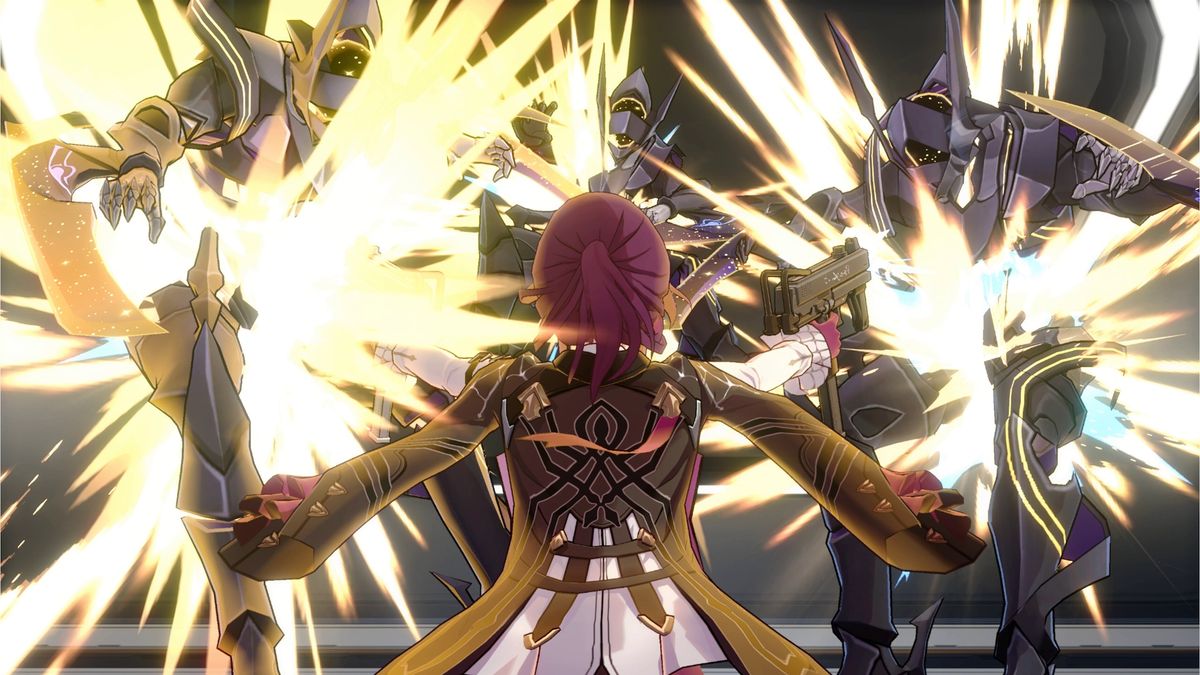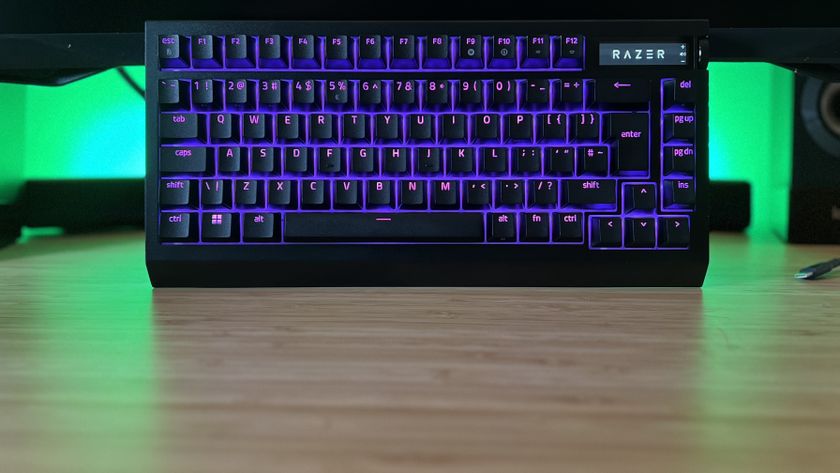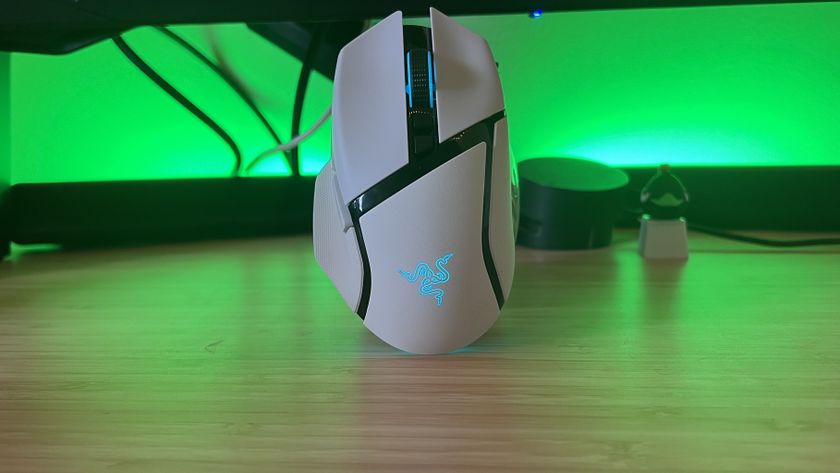12DOVE Verdict
Not just great for a free-to-play game, Honkai: Star Rail is a genuinely fantastic RPG with slick combat and an engaging story loaded with content. The biggest caveat is, while generous, its gacha system may tempt some players into unwise purchases.
Pros
- +
Well-written story
- +
Beautiful and varied sci-fi visuals
- +
Combat is slick and can be quite deep
Cons
- -
Amount of battles can get repetitive
- -
Grind can get frustrating
- -
Gacha elements may be a problem for some
Why you can trust 12DOVE
What's better than one wildly popular free-to-play live service game on PS5 (loaded with the opportunity to microspend your way to goodies)? Two, of course. Enter Honkai: Star Rail, a new space-faring RPG from the studio behind Genshin Impact.
The Honkai: Star Rail PS5 release ensures that the platform has a gorgeous turn-based RPG with inventive tactical combat readily available. And while some may turn-away from the free-to-play structure, this is an adventure with a vibrant cast of characters and a meaty story that's both dramatic and genuinely funny. Like Genshin Impact before it, Honkai: Star Rail really is a very good game – just so long as you're okay with the gacha of it all.
Capsule Corps

Release date: October 11, 2023
Platform(s): PS5, PC, mobile
Developer: miHoYo
Publisher: HoYoverse
Before we get into why Honkai: Star Rail is one of the best free PS5 games, it's worth reiterating how such a large adventure can be accessed without cost. Like Genshin Impact, Honkai is a free-to–play gacha game with microtransactions. Named after the Japanese capsule toys, 'Gacha' is a genre where characters are randomly earned through banner 'pulls' bought with in-game tickets – which you can of course buy with real-world money, alongside other bonuses. It's incredibly popular in mobile gaming (from rival RPGs like Fate/Grand Order to dating adventures, like the also-HoYoverse published Tears Of Themis), with far fewer options available on home consoles like this.
While Honkai: Star Rail game is one of the most generous in the genre I've played (and I have played way too many), and attempts are made to encourage you to spend responsibly (thus abdicating a degree of responsibility on the studio's part), the long and short of it is that many may still feel compelled to spend more than they should. Some of you may simply be unable to risk playing the game because of this, or worse, be unable to resist the temptation – Honkai is a genuinely good game, but if you struggle with gambling addiction you may want to approach with caution.
Inter-Stella
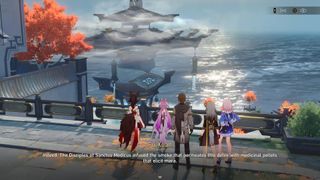
The story kicks off by putting you in the fashionable footwear of the morally grey antagonists, the Stellaron Hunters. Katana, submachine gun, and brolly enthusiast Kafka takes the lead as she orchestrates (quite literally in fact, miming a violin to a rising crescendo as her plan comes together) an assault on Herta Space Station. There's a Stellaron on board, a kind of aetherial corruption that fragments the universe around it, not just ruining worlds but attracting the monstrous Antimatter Legion, through which Kafka and co. are able to enter undetected – and this is just the tutorial.
Yet, with their hands on the Stellaron, she doesn't abscond with it, instead sealing it within you, the player, and then peacing out. Able to choose from a male or female form, you're The Trailblazer (naturally amnesiac thanks to the seed of destruction housed inside your body). Found alone and confused, you're taken in by the Hunters' rivals, the Trailblazers of the Astral Express, a group of disparate but big-hearted misfits who travel between planets on a space train in order to save the day from Stellaron disasters. The conductor is a bunny named Pom-Pom. He is very cute.
It's an exciting opening that sets all the pieces in motion for a fantastic live-service premise, seeing you join a Star Trek-esque crew on a cosmic locomotive, visiting new planets and cultures, meeting new friends and enjoying strange adventures, all while fighting twisted doomsday creatures and butting heads with a rival crew.
Another Dimension

Each trip is far from a quick foray, though. This PS5 launch enjoys update parity with all other platforms (including instant cross-save, as your data is stored online), which means you've three complete main storylines across three locations to enjoy from the off. Each is a meaty adventure that'll take several hours to play through, alongside plenty of side quests, bonus challenges, and mini-stories for most of the potentially-playable characters you meet along the way.
Again, a little like Star Trek, the cultures you visit vary wildly, with the Stellaron affecting them in different ways. Once you've secured the space station, your first major story arc takes you to Jarilo-VI, where the Stellaron has caused a near-apocalyptic ice age. Here, you have to keep things on the down-low as you navigate conflict between the single remaining city's upper and lower districts, as space travel is currently no more than a fantasy to either strata. Meanwhile, The Xianzhou Luofu is a series of massive spaceships constantly flying through space and home to near-immortal beings who are much more engaged in the politics of the cosmos.

Unlike Genshin Impact, Honkai: Star Rail is not an open world game; instead each area is a labyrinthine criss-cross of corridors. But the environments still look superb, showcasing different styles of sci-fi aesthetics. The Luofu is especially captivating, a kind of futuristic evolution of traditional Chinese styles that the devs call 'silkpunk', with huge laser-powered machines for divining the future and jet-powered skiffs for zipping between the huge spaceships.
There's plenty of reason to look around beyond basking in the surroundings. Non-hostile areas are filled with sharp writing when you talk to NPCs or even inspect seemingly mundane objects. The latter embraces surreal humor, with one instance seeing your character becoming obsessed with bins the more you click on them before being unable to help but go full raccoon (eventually rewarding you with a special trash profile picture).
In combat areas littered with patrolling enemies, there's plenty to be found off the beaten path, including respawning destructibles that house loot, and a variety of short-but-sweet puzzles specific to each area that dish out even better rewards. The Luofu, for instance, has you guiding cargo skiffs into harbor for goodies, while other times just getting to treasure chests is a navigation puzzle in its own right. These are engaging spaces to unravel.
Fight For Your Right
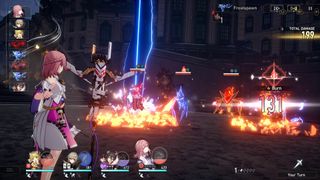
The turn-based battles are at the heart of Honkai: Star Rail, and you'll be doing a lot of them. Building a strategy begins before even drawing your oversized anime blades, bows, or mahjong pieces as you assemble a four-person party that works well together. Each hero has both an element and a path (which is, essentially, a class), plus their own unique skills, talents, and abilities beyond just their basic attacks. Do you go in all guns blazing, or work in more buffs, debuffs, or healing? The bigger fights require more than just wailing on enemies until their health bars deplete.
Fights are slick, carrying a sense of momentum similar to Shin Megami Tensei or Persona. Each enemy has a shield that can be chipped away when hit by one of the elements they're weak to, eventually staggering them. Using basic attacks builds up skill points up to a five-point max, which can be spent to use a skill instead of a basic attack, meaning you're always building up to something.
These can vary from large area-of-effect attacks, devastating single-attack strikes, damage mitigating shields, and more. Meanwhile, each party member has an ultimate metre that fills when dishing out or taking damage, which can then be held onto to interrupt the flow of combat at any time. If that's not enough, separate talent points can be spent before even entering combat to give you an edge, like freezing some foes on the first turn if they're weak to ice.
From that solid foundation characters' individual quirks add further layers of tactical complications, always with a view to showing you how you can bend the rules of play just a little to get more out of your party. Starting freebie character March 7th's shields can be really helpful, and these can be buffed, as can the counter-attacks she'll dish out when those shielded characters are attacked. Or later recruit Seele, for instance, can gain an extra attack when downing an enemy, meaning canny targeting can stretch out her consecutive strikes. With a playstyle in mind for a hero, that'll inform the kind of gear you equip or hunt down.
Squad Goals
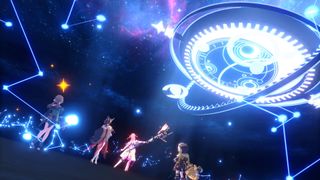
The fighters you'll get on-side are partially randomized thanks to the gacha 'Warp' system that has you pulling possible characters and weapon-like 'lightcones' often in groups of ten. On a purely mechanical level, it's kind of neat that you'll start off making the best of what you get, giving you a slightly different journey to that of your friends, but it does mean you'll constantly be wondering about what you could pull off if you actually had such-and-such a character.
Handily, some parts of the game see you taking on challenges locked behind an energy meter (a common mechanic in many mobile games – but never used to gate the main story here), allowing you to call in support characters from other players, meaning you can still use friendly faces you don't already have in a very limited way. The free characters are pretty good too, seeing a straightforward healer join your party from quite early on.
The result is some of the best RPG combat I've played in years. Fights are snappy, and fluid, with a tactical layer that's easy to grasp while also offering more depth than you might expect. Being turn-based does mean things can get a bit tougher than Genshin Impact (where a skilled player can dodge through most attacks even when underleveled), meaning you may hit more points where you need to grind out experience or build up other characters who better suit the weaknesses of a specific area – leaving you yearning for specific characters all the more. It can end up a bit repetitive as a result too, as battling really is where you'll be spending the bulk of your actual playtime.
Into the Sunset

But you'll want to press on with the main story. Honkai: Star Rail takes some big swings, and even this early on with the game (the story has been ongoing for about six months by the time it lands on PS5) it's unafraid to actually have characters grow and change. It helps that (as is the case in most gacha games) the party you use in battle is abstracted from the Astral Express crew having the adventure in cutscenes, meaning you can still keep playing as heroes who might not be quite as they are in the current canon of your adventure. Liked a character more before, say, a dramatic haircut? Don't worry, they're still here as you remember them in your party.
New limited events are constant with impressively detailed storylines of their own and unique mechanics, as well as permanent side-modes being added frequently too. They range from a cozy museum management sim on Jarilo-VI to an in-depth roguelike mode on Herta Space Station that offers continually refreshing, juicy rewards. Called the Simulated Universe, it has you working through randomized slices of dungeon with a limited pool of characters, earning special buffs only available in this mode along the way.
When I say Honkai: Star Rail feels generous, I really mean it. It'd almost be hard to believe this was a free game if the appeal in spending money wasn't so obvious. What's here isn't just high quality for a free-to-play game, but high-quality for any RPG full-stop. But what really cements it as a great live service game is how you can see the space train tracks ready and waiting to neatly slot yet more sparkling lines throughout the stars – new additions to the character pool only make strategies more interesting to play with; and the potential for new adventures over the next horizon on completely new planets with fresh cultures remains tantalizing. We really are boldly going where no anime gacha hero has gone before.
Disclaimer
Honkai: Star Rail was reviewed on PS5, with access provided by the publisher.
More info
| Genre | RPG |

Games Editor Oscar Taylor-Kent brings his Official PlayStation Magazine and PLAY knowledge to continue to revel in all things capital 'G' games. A noted PS Vita apologist, he's always got his fingers on many buttons, having also written for Edge, PC Gamer, SFX, Official Xbox Magazine, Kotaku, Waypoint, GamesMaster, PCGamesN, and Xbox, to name a few.
When not knee deep in character action games, he loves to get lost in an epic story across RPGs and visual novels. Recent favourites? Elden Ring: Shadow Of The Erdtree, 1000xResist, and Metaphor: ReFantazio! Rarely focused entirely on the new, the call to return to retro is constant, whether that's a quick evening speed through Sonic 3 & Knuckles or yet another Jakathon through Naughty Dog's PS2 masterpieces.
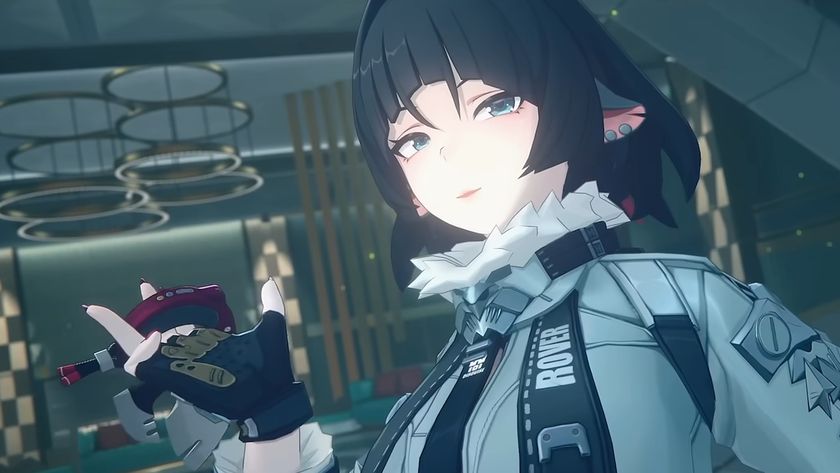
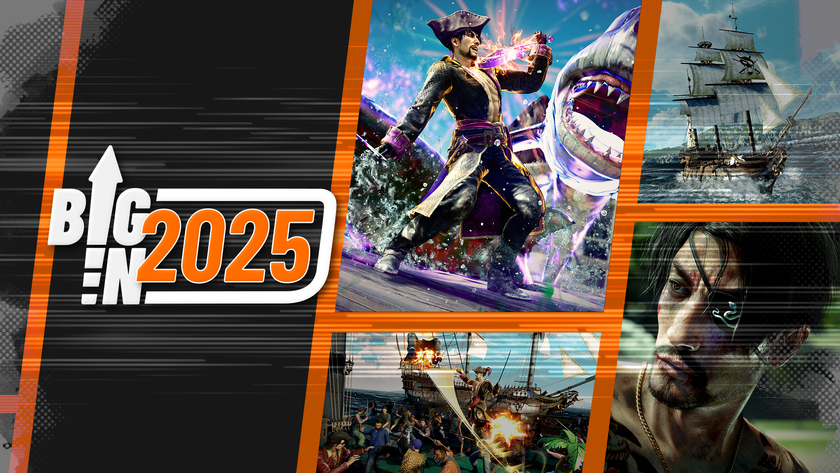
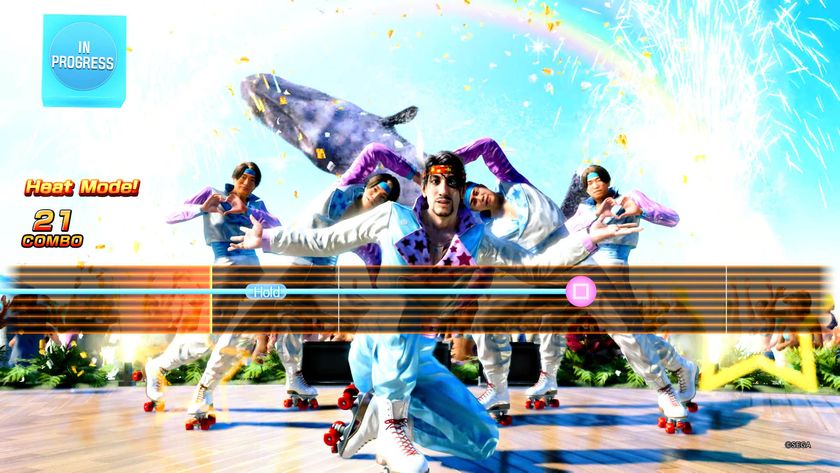
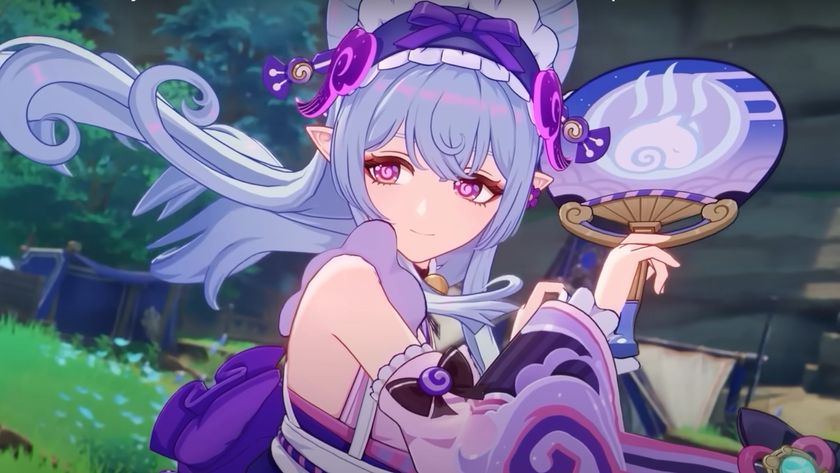
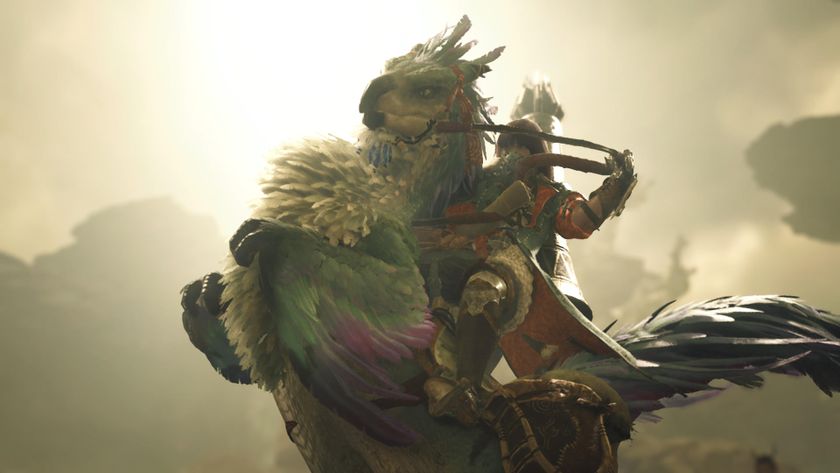
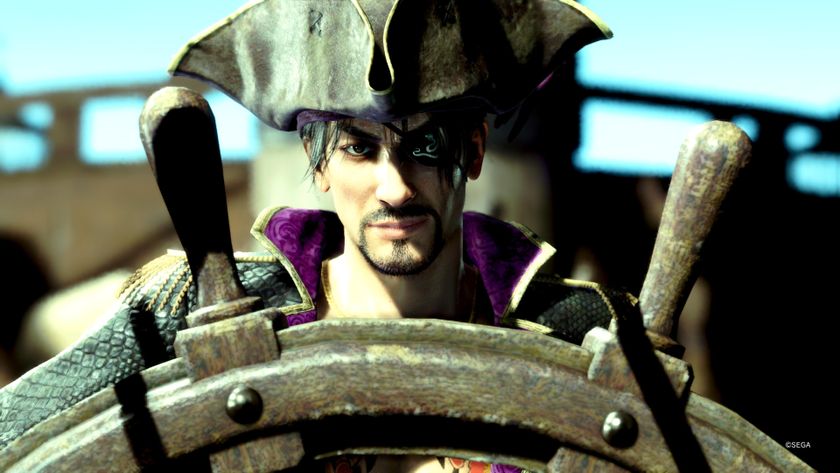
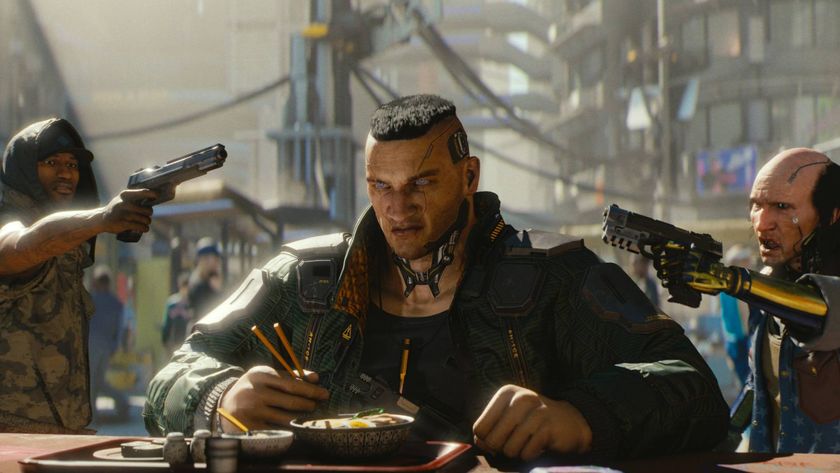
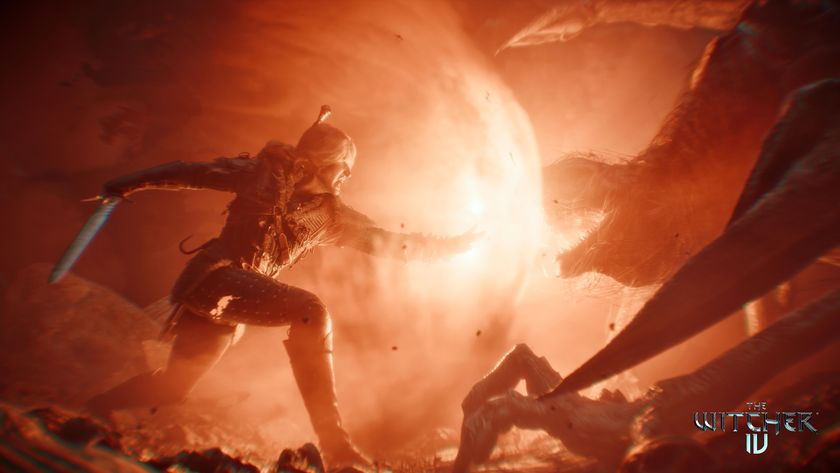

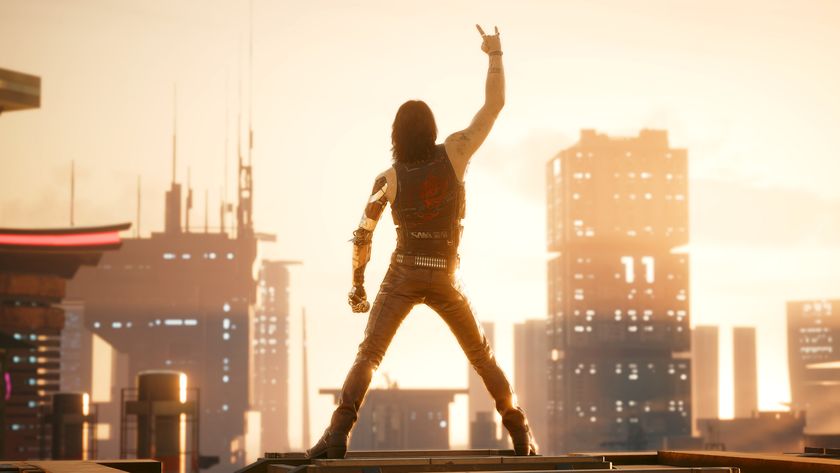
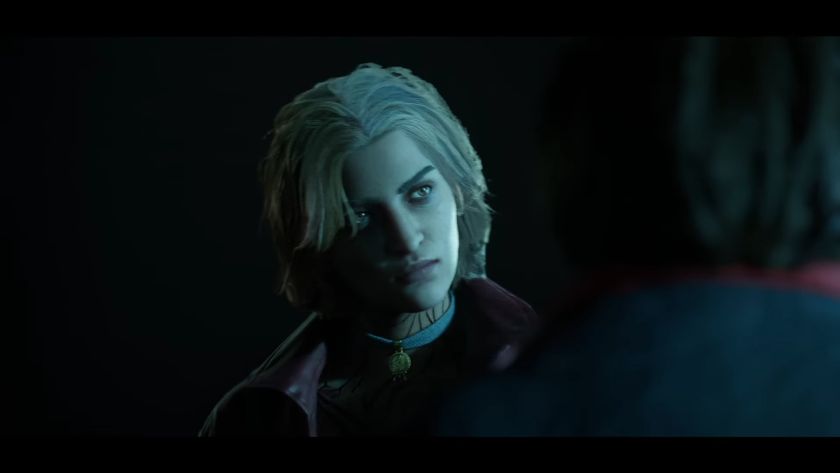
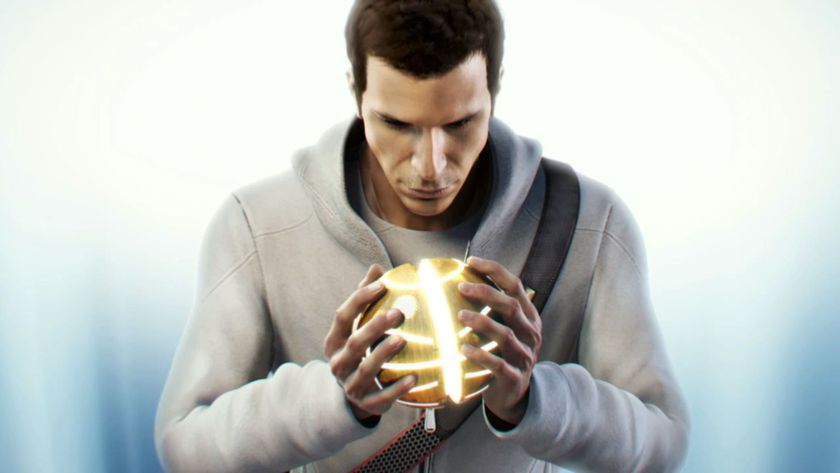






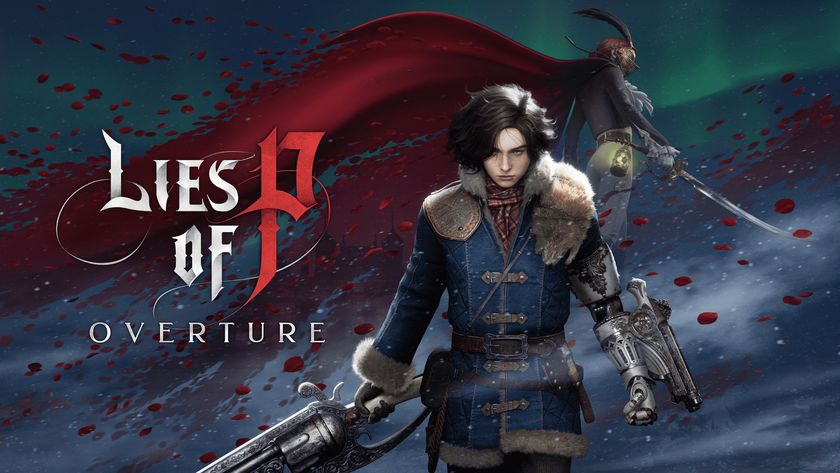
Lies of P director says Overture DLC is at least 15 to 20 hours long for "experienced" players, packing tons of bosses and ideas the devs couldn't fit at launch
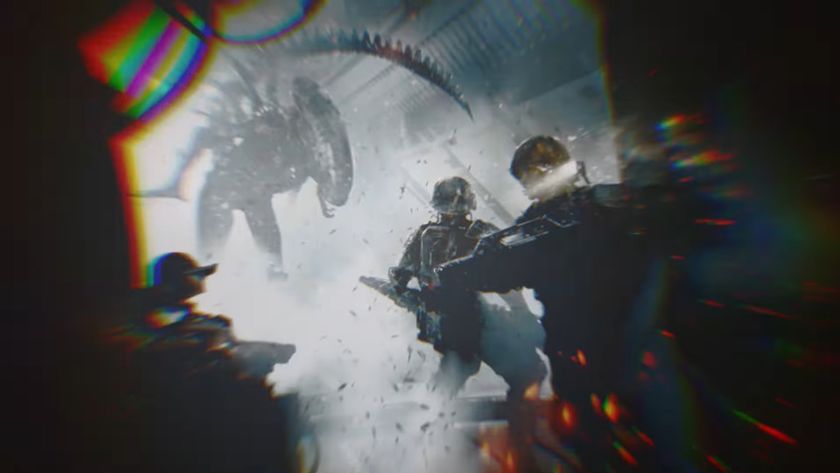
Alien Evolved Edition TRPG just burst through the million dollar crowdfunding mark with the vigor of a face-hugger on steroids
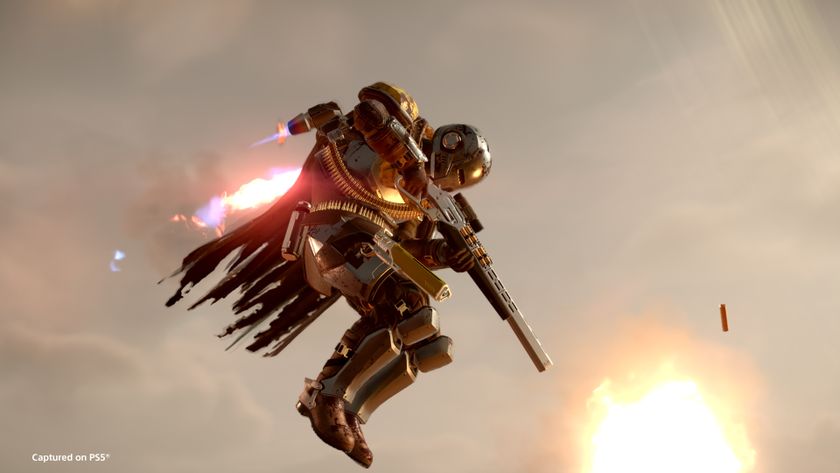
Talking points from the Game Developers Conference 2025 and how they could impact the future of gaming
